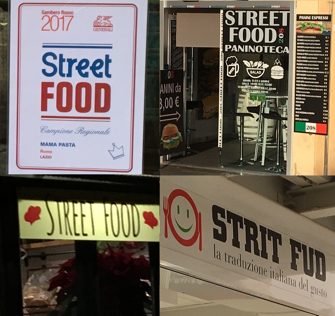
I hate to say it, but if Paris and Rome were pitted against each other in an all-out, go-for-the-jugular cultural history smackdown, Rome would win. It’s true that Paris has the Louvre, the Musée d’Orsay, Notre Dame, 1.5 godzillion other architectural and artistic treasures and, within its transport network if not its borders, the Palace of Versailles.
But Rome has the monumental ruins of its former empire, the Villas Borghese and Medici, more ornate fountains than you can shake a selfie stick at, and, within its borders if not its jurisdiction, all the treasures of the Vatican, including the Sistine Chapel and Michelangelo’s Pietà.
So far a pretty close contest. But here’s what tips the scales: Rome is where I spotted my very first inadvertently funny English shop sign. This is why it’s called “The Eternal City.”
On a visit in the 1980s, I noticed a clothing store on Via del Corso that had a men’s side and a women’s side, identified by large signs proclaiming “Uomo” and “Sexy Woman.”
According to a respected multilingual signage specialist and close affiliate of C’est Ironique, this was Europe’s first instance of the ill-advised use of English for commercial purposes, setting the precedent for what would eventually become a recurring feature in this space.
(This is Part 18, and each installment contains a link to the previous one. Like this.)
(Oops — I mean like this.)
So, naturally, when I went to Rome three weeks ago, I was eager to see if the city had made any progress in the misuse of my native tongue. And, I’m very happy to report, it has.
In fairness, I should mention that much, even most, of the English signage in Rome is of good quality. For example:
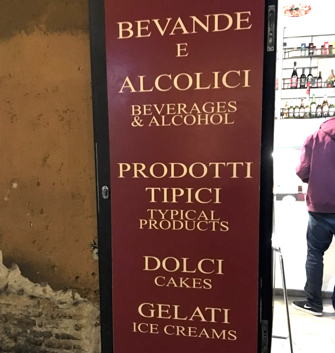
But fortunately, especially now that I’ve started this article, there are exceptions. Sometimes it’s just a matter of a missing letter:
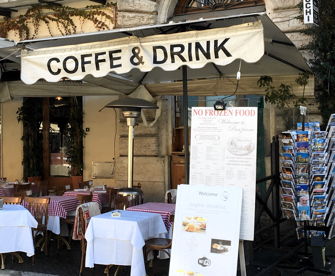
Or an extra letter (or two):

And sometimes there’s a whole word out of place:
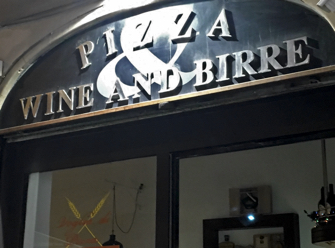
But quite often, there are no real mistakes at all. The English is correct but slightly weird:
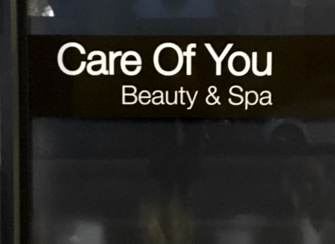
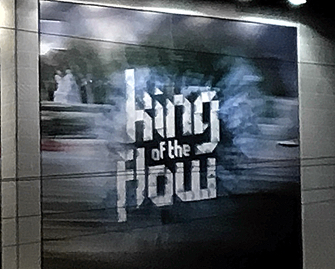
Or, better, correct but very weird:
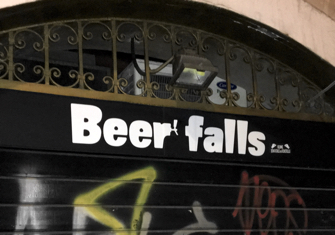
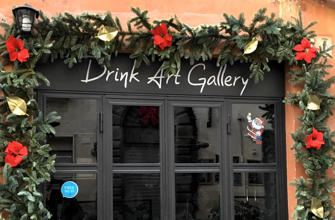
Or, best of all, incorrect and very weird:
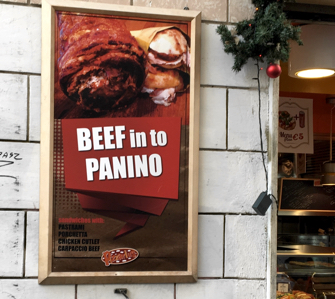
Sometimes the English phrases are neither incorrect nor weird, but simply not quite right for the context:
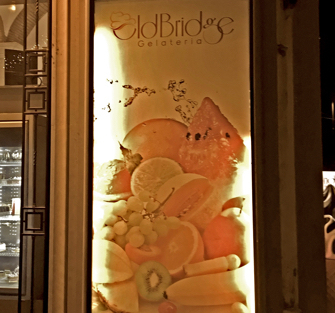
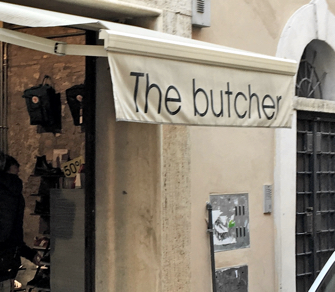
Or not at all right for any context:
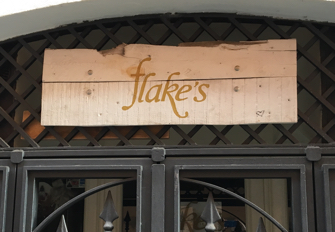

And of course, there’s always the occasional pun:
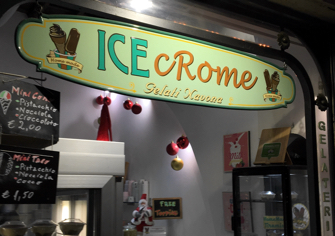
And lastly, there’s always the occasional impenetrable mystery. Like the slogan of this pasta place:

In closing, I’d like to express my thanks to the owner of that restaurant, and the owners of all the poorly named or sloganed businesses in Italy, France and around the world.
As we always say here at C’est Ironique:
You choose (the English), we shake (with laughter).
FavoriteAn album of David Jaggard’s comic compositions is now available for streaming on Spotify and Apple Music, for purchase (whole or track by track) on iTunes and Amazon, and on every other music downloading service in the known universe, under the title “Totally Unrelated.”
Note to readers: David Jaggard’s e-book Quorum of One: Satire 1998-2011 is available from Amazon as well as iTunes, iBookstore, Nook, Reader Store, Kobo, Copia and many other distributors.
